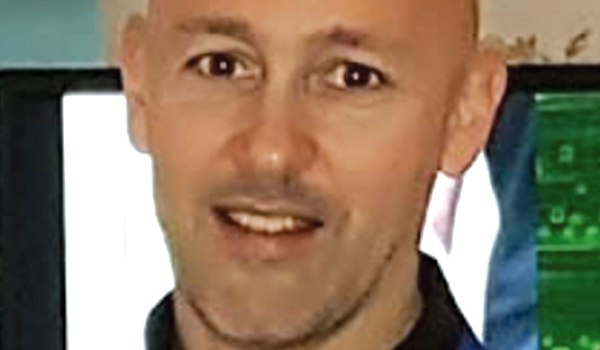Digital mapping underpins search teams
On-the-spot access to accurate mapping is underpinning the search for missing people in Hampshire. Hampshire Search and Rescue (HANTSAR) provides round-the-clock assistance to Hampshire Constabulary using digital mapping data provided by the Public Sector Mapping Agreement (PSMA).

On-the-spot access to accurate mapping is underpinning the search for missing people in Hampshire. Hampshire Search and Rescue (HANTSAR) provides round-the-clock assistance to Hampshire Constabulary using digital mapping data provided by the Public Sector Mapping Agreement (PSMA).
This is a licensing arrangement between government and Ordnance Survey which allow public sector bodies, such as the police and other emergency services and search and rescue teams across England and Wales to use geographic data to help plan their services.
HANTSARs incident control vehicle is a van that has been converted to a mobile office. It is equipped with a laptop, printer and access to real-time Ordnance Survey data. This gives the search team vital, on-the-spot information.
We produce the maps within the van in order to give the team leaders an area to search, to define what their boundaries are, explains Tony Privett of HANTSAR. Otherwise there are no limits; they could go out and be searching areas we dont need searched.
Team members also have real-time mapping on their handheld devices. This is linked to a GPS system and as the teams search in different locations, the police can download accurate details of exactly which areas have been covered.
Without the mapping on board we would find it very difficult to explain to each team leader what their area of responsibility is, added Mr Privett.
Benefits include:
On-site printing ensures that the search can be planned properly and initiated quickly;
The search is more effective because team members can see in real-time exactly where they are and what the geography around them is like. Conventional paper-mapping generated on-site is further complemented by the use of GPS-enabled handheld devices that contain up-to-date mapping; and
Through provision of an accurate record of all the searched areas, Hampshire Constabulary can ensure that the search effort is both coordinated and thorough.
PC Mike Spencer, police search adviser at Hampshire Constabulary, said: The most obvious benefit and ultimately the most important benefit is that by using up-to-date and accurate mapping, we find people an awful lot quicker which means that we find them alive.
He is responsible for assessing each missing person case as soon as the police are notified. He has to take into account the vulnerability of the missing person, bearing in mind factors such as age and mental illness. He decides what areas need to be searched and if additional resources are required, he calls on HANTSAR and a meeting point is agreed.
HANTSAR currently operates out of a storage unit in Netley provided by Hampshire Constabulary.
Last year, 327,000 people were reported missing more than 60 per cent of them were aged under 18 years.
HANTSAR responded to 66 callouts in 2011. It provided 2,499 hours of voluntary searcher hours to Hampshire Constabulary and assisted teams in neighbouring counties on 14 occasions.
The recipient of the Queens Award for Voluntary Service last year, HANTSAR relies on ordinary citizens that are trained in using maps and in search techniques, emergency procedures and first aid, ensuring that missing people are found quickly and, most importantly, alive.
It is one of many county-based lowland units across the UK dedicated to search and rescue; an activity defined as searching for and aiding people in distress: relieving pain and suffering in all its many forms.



